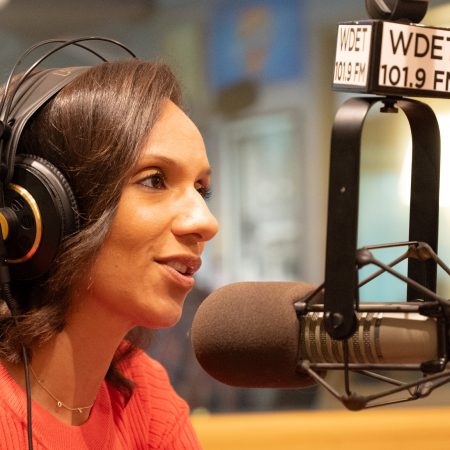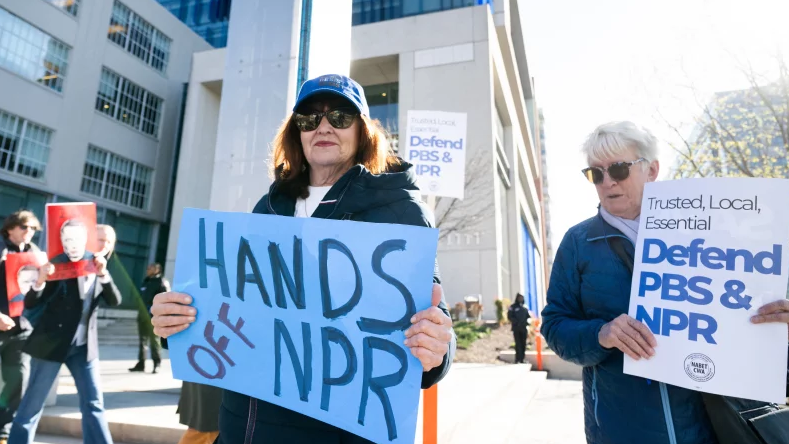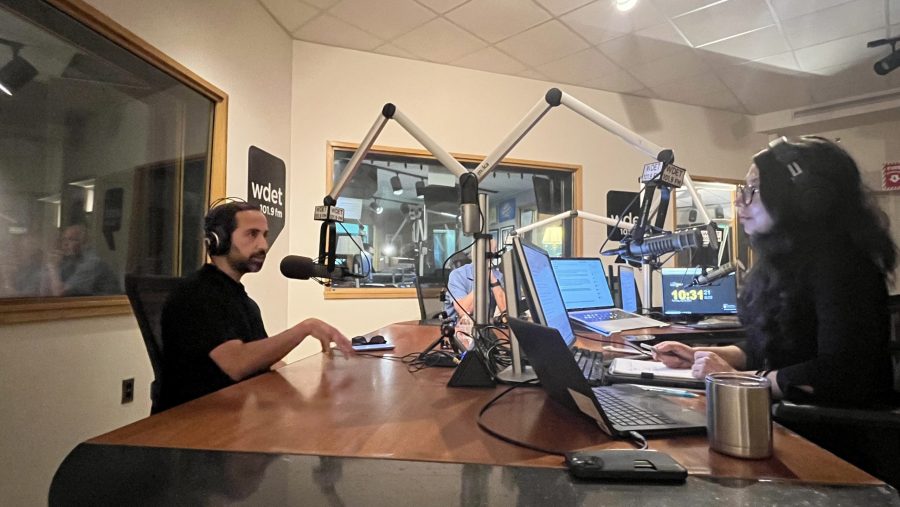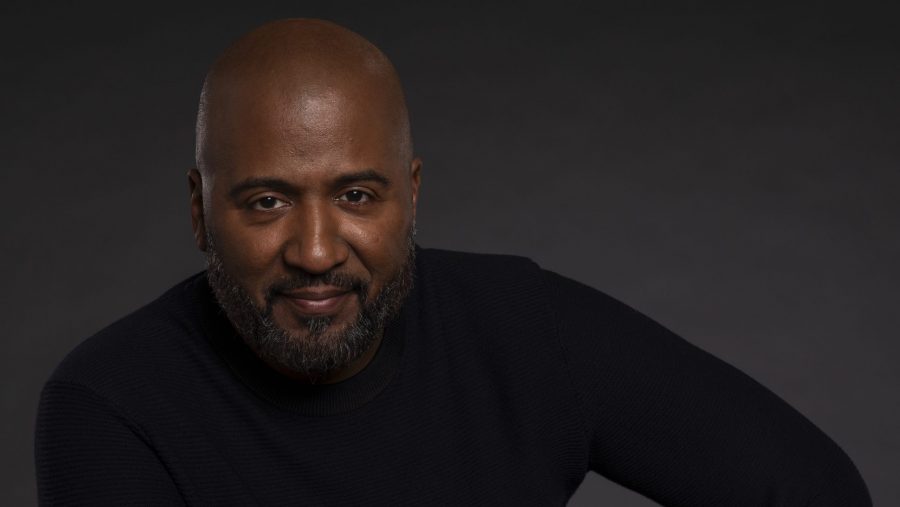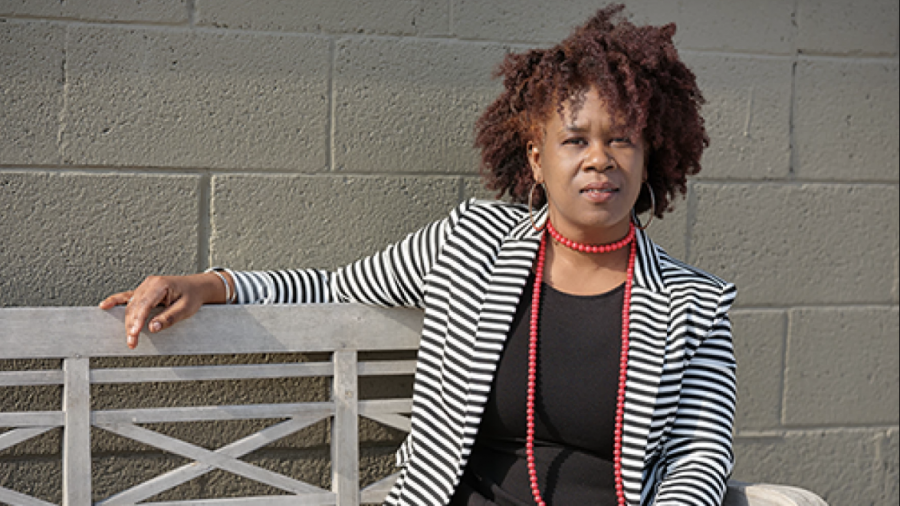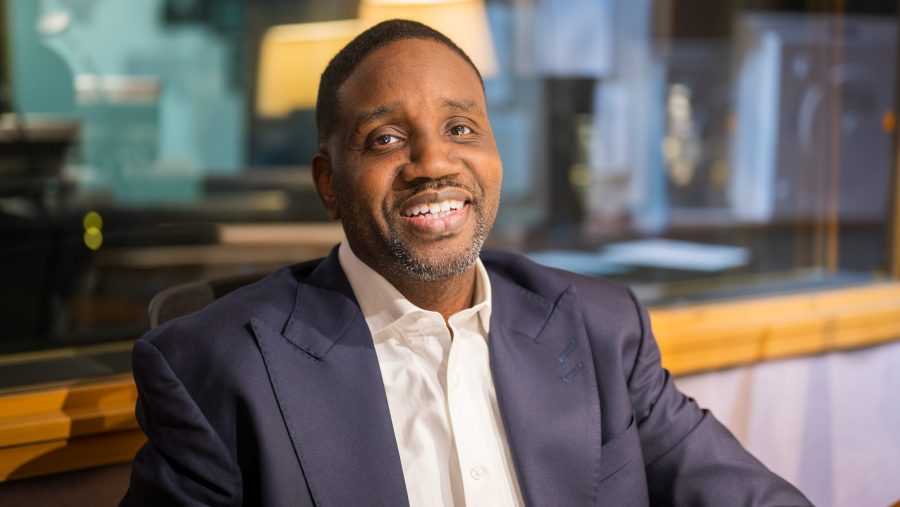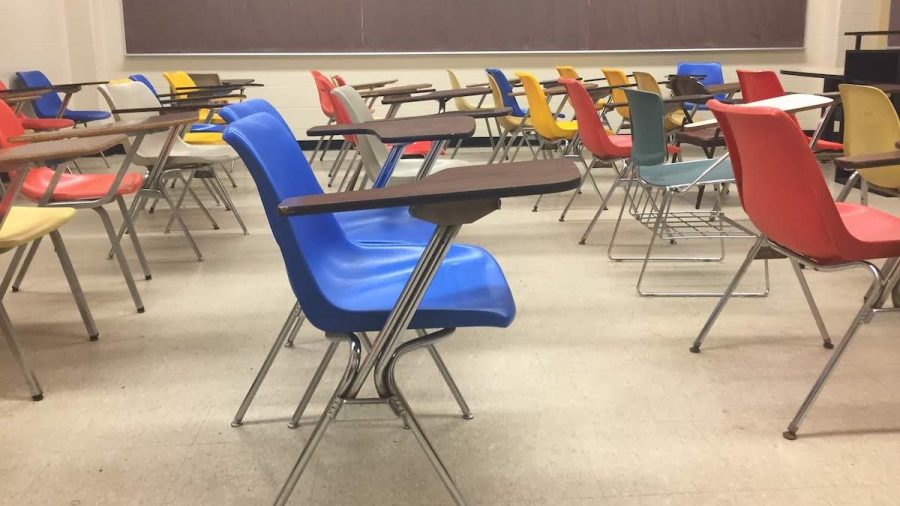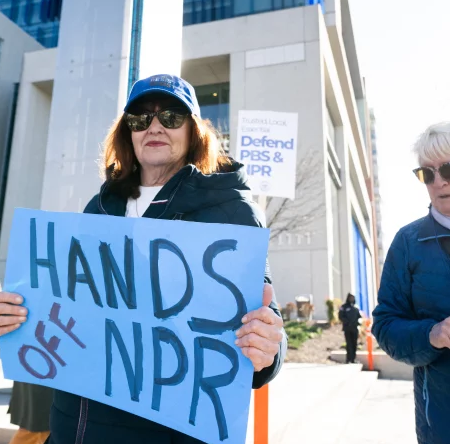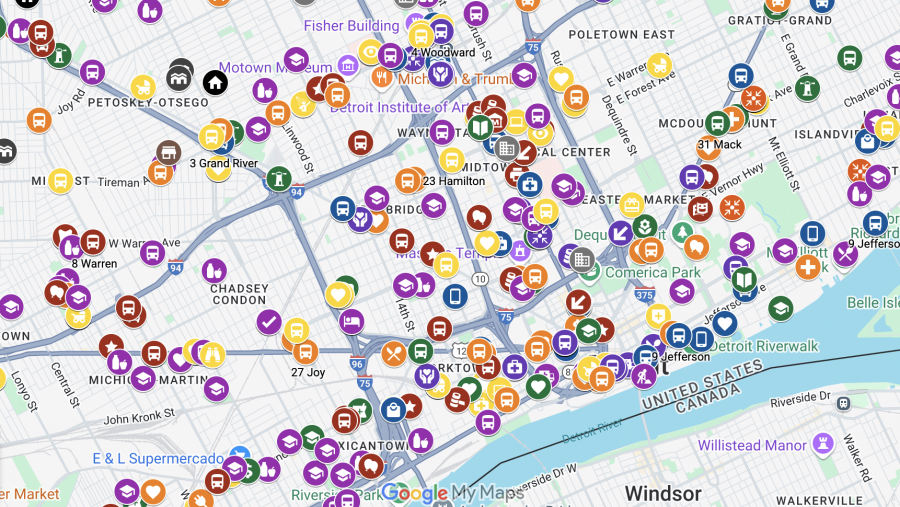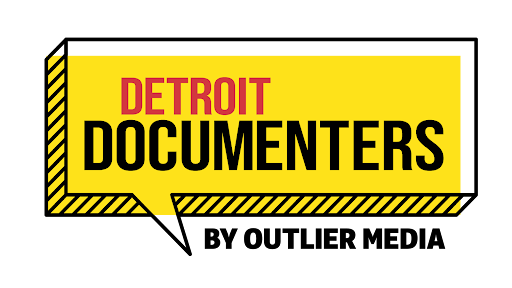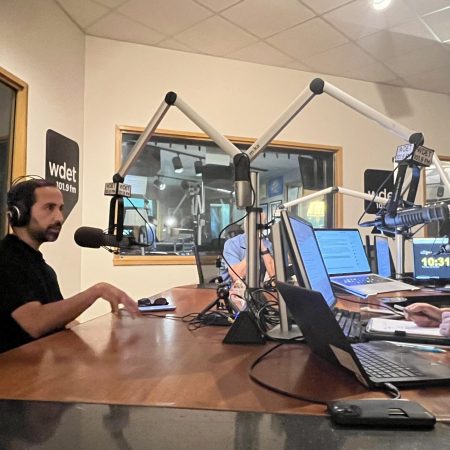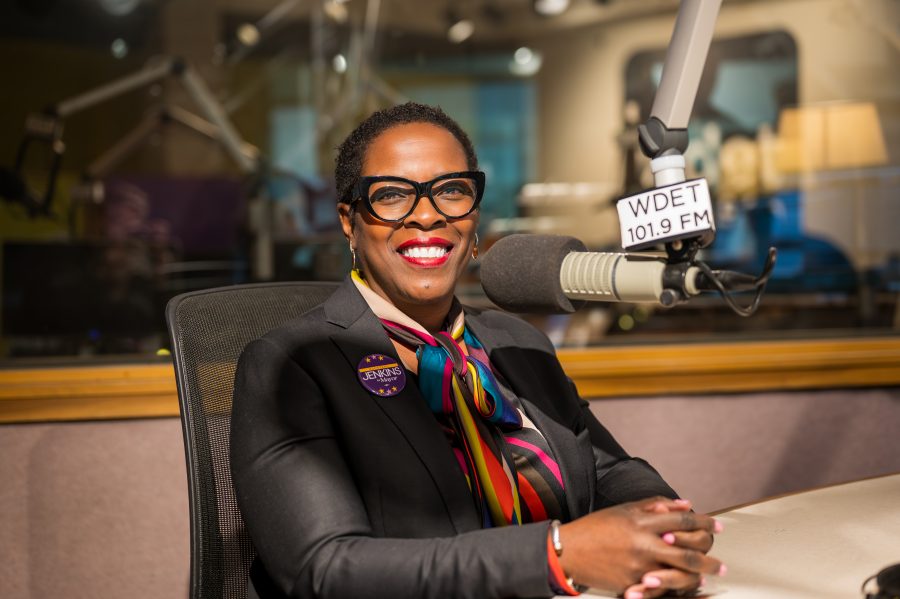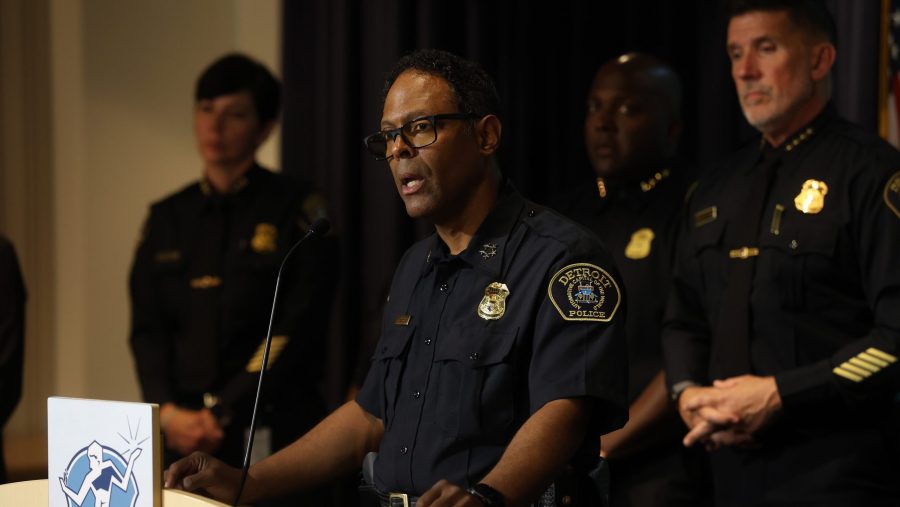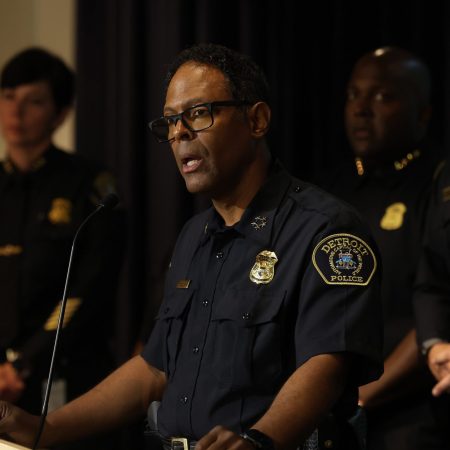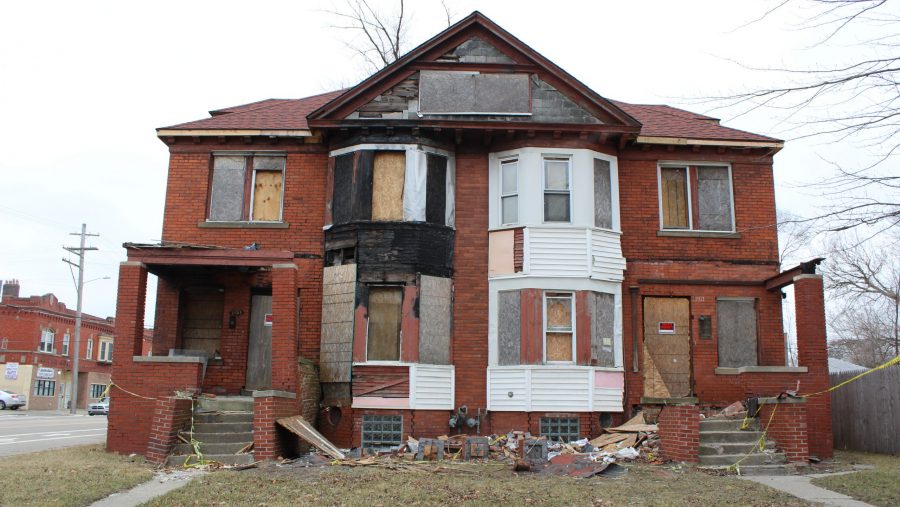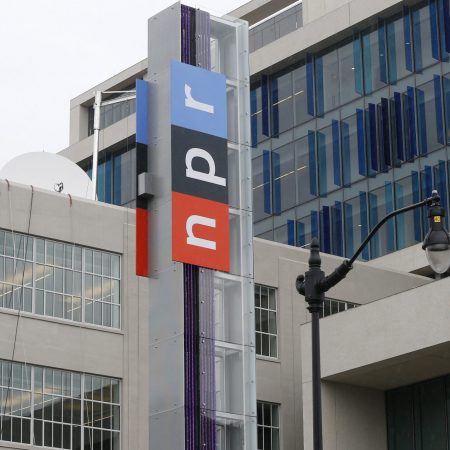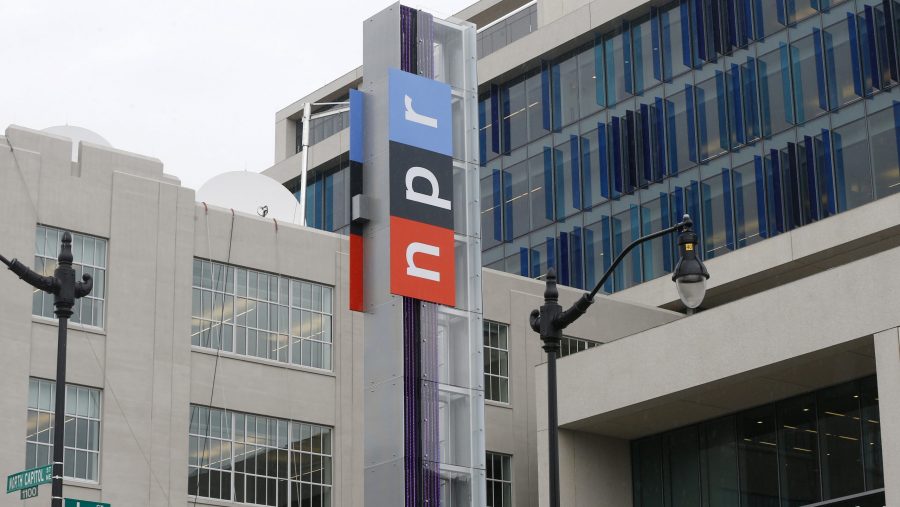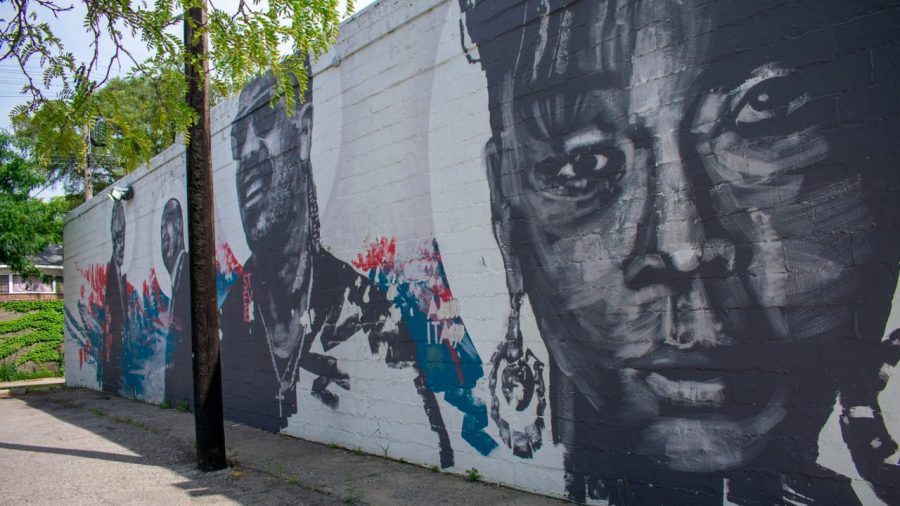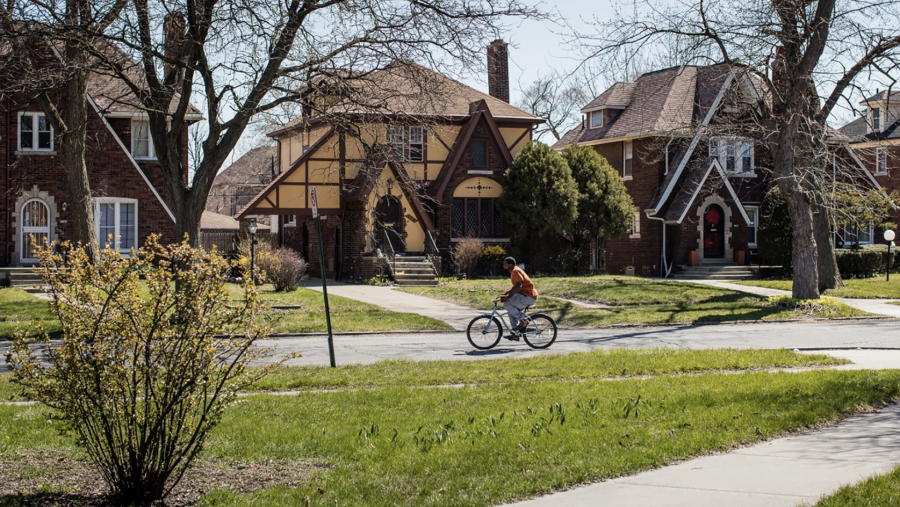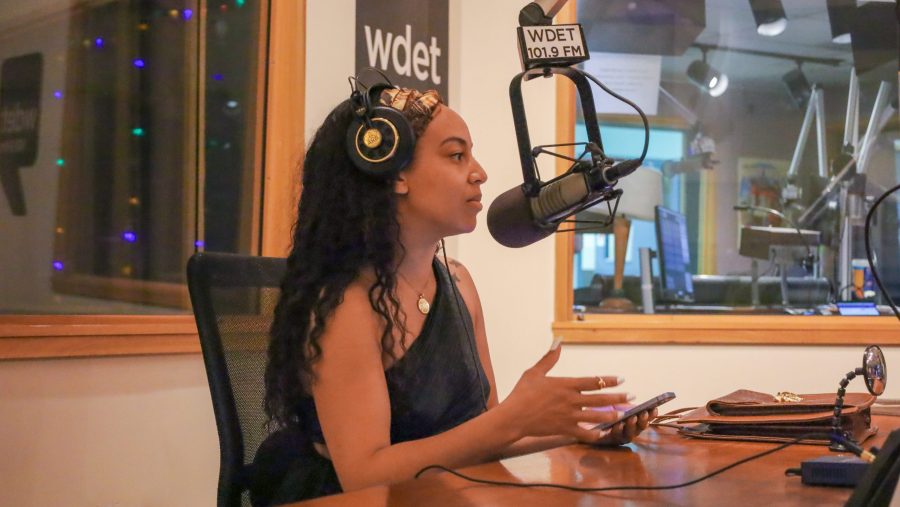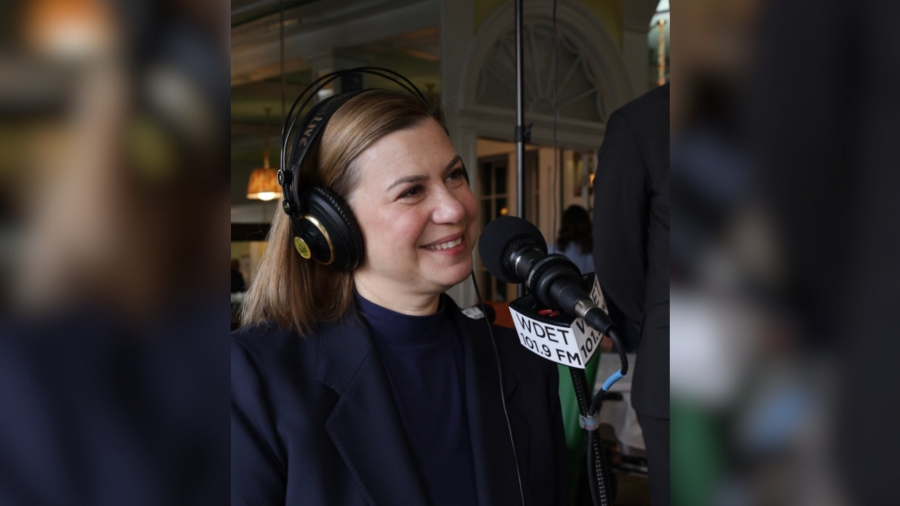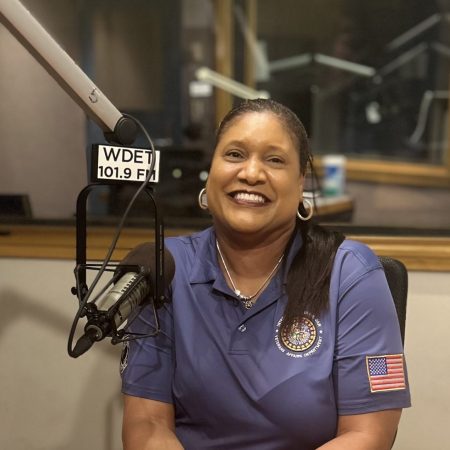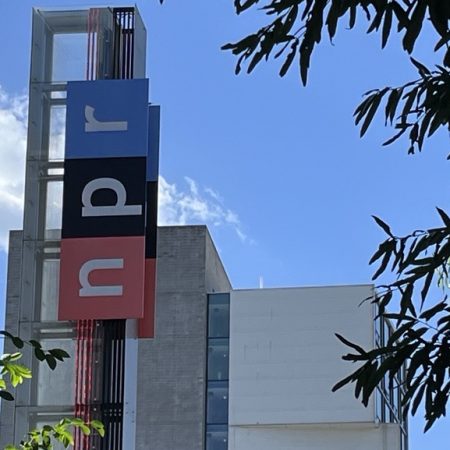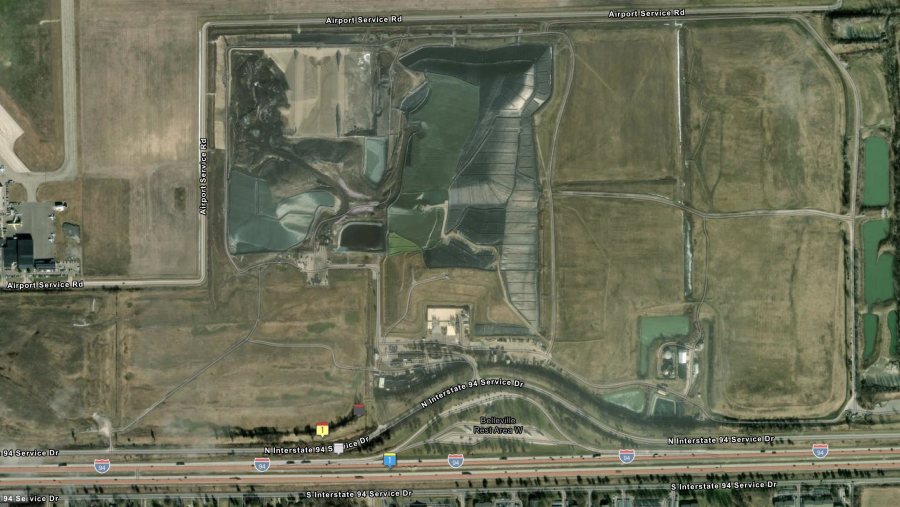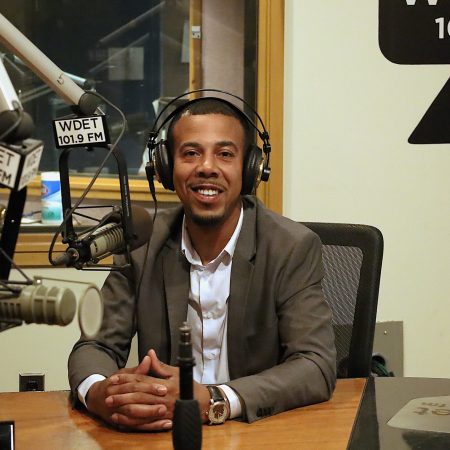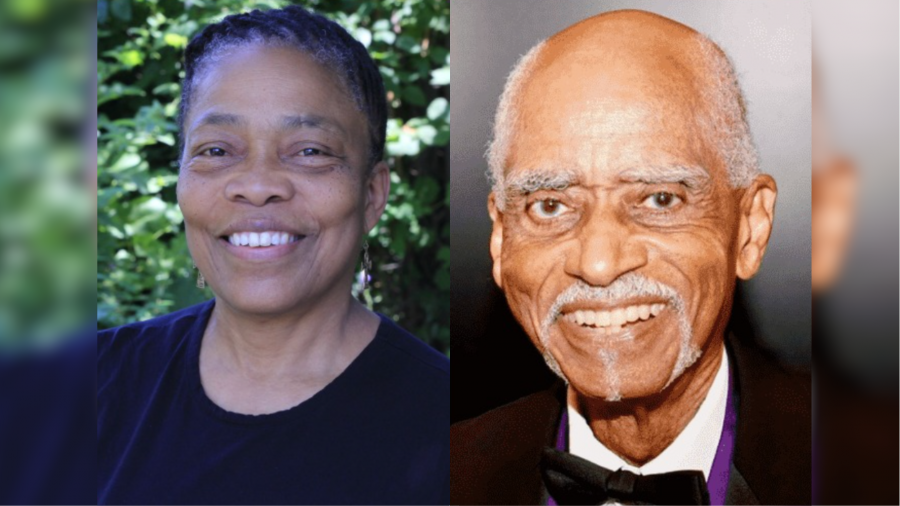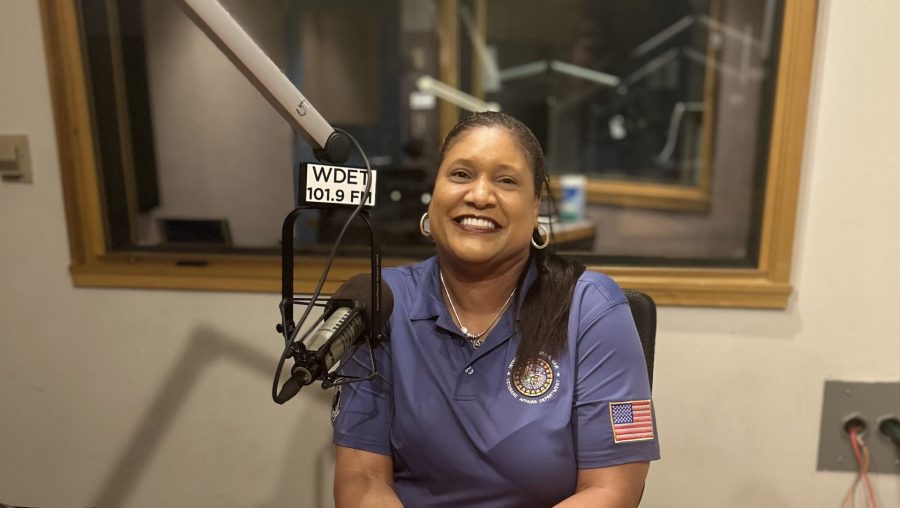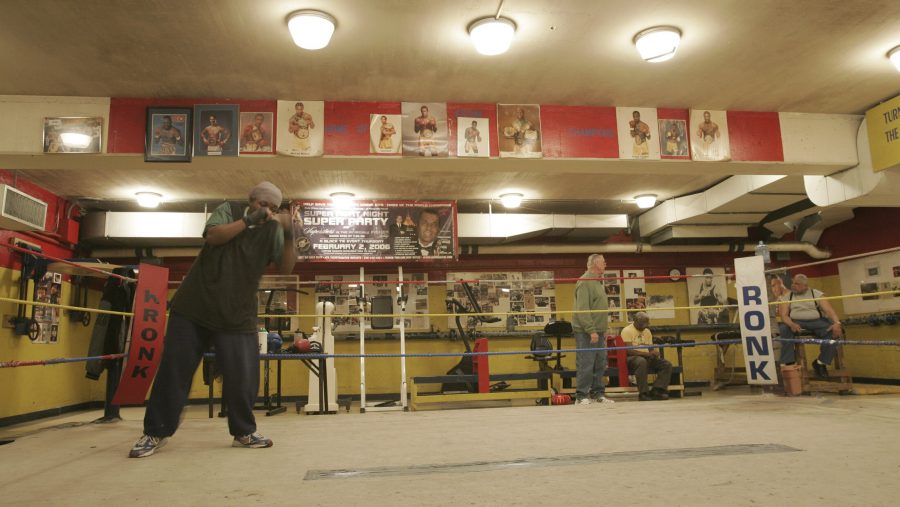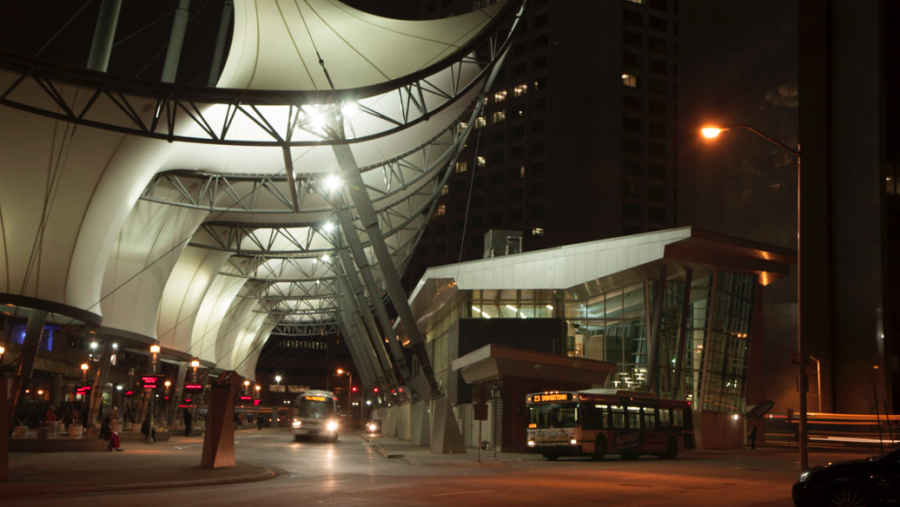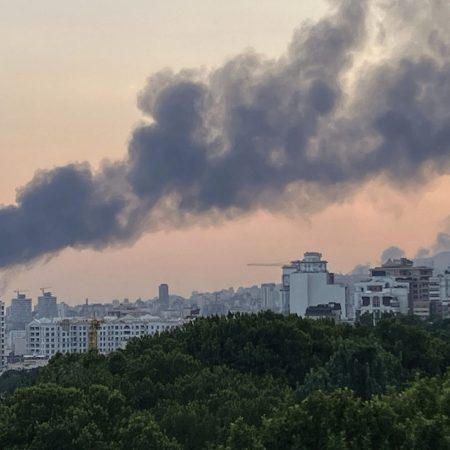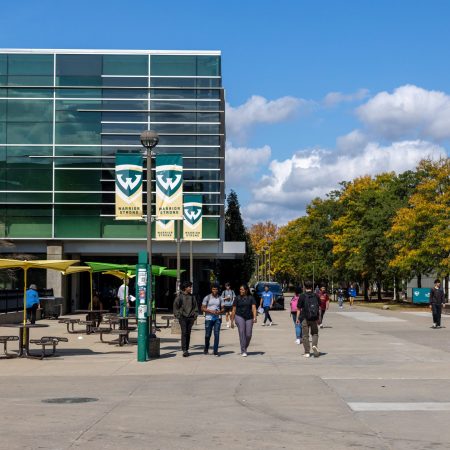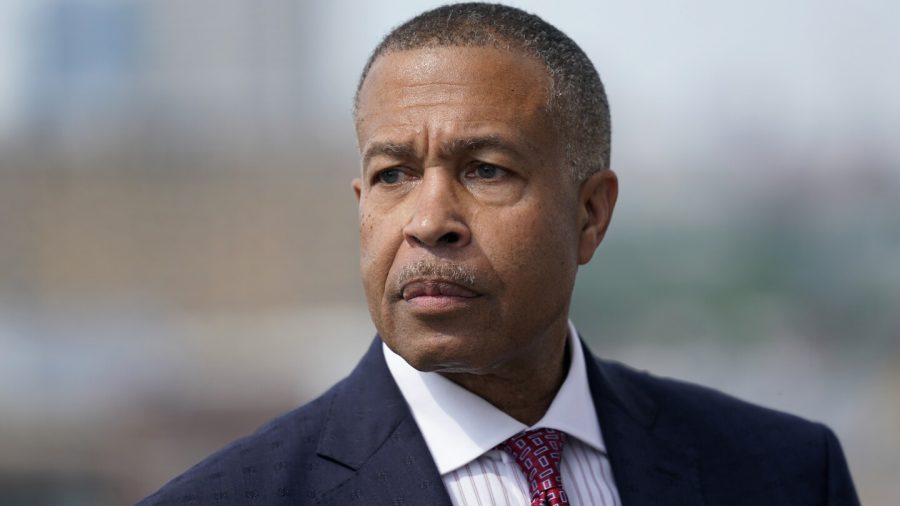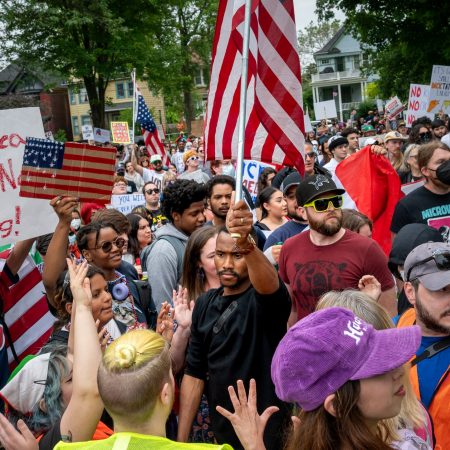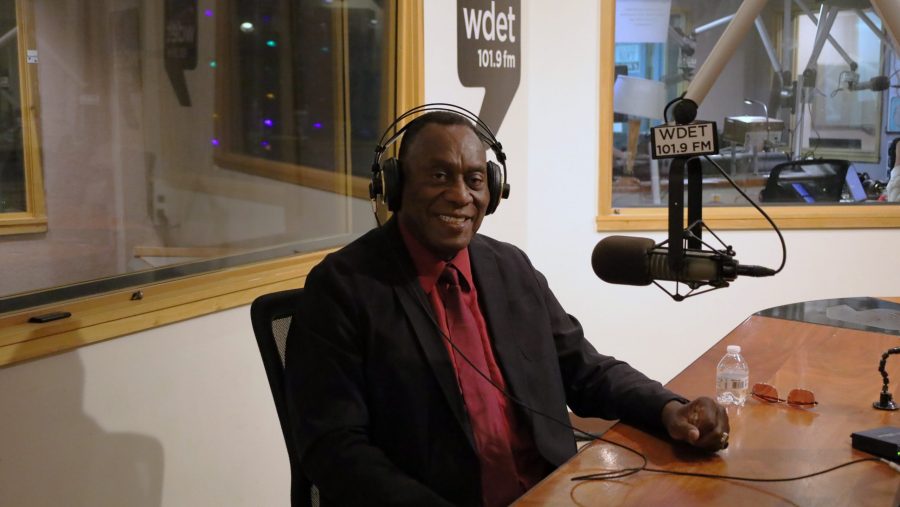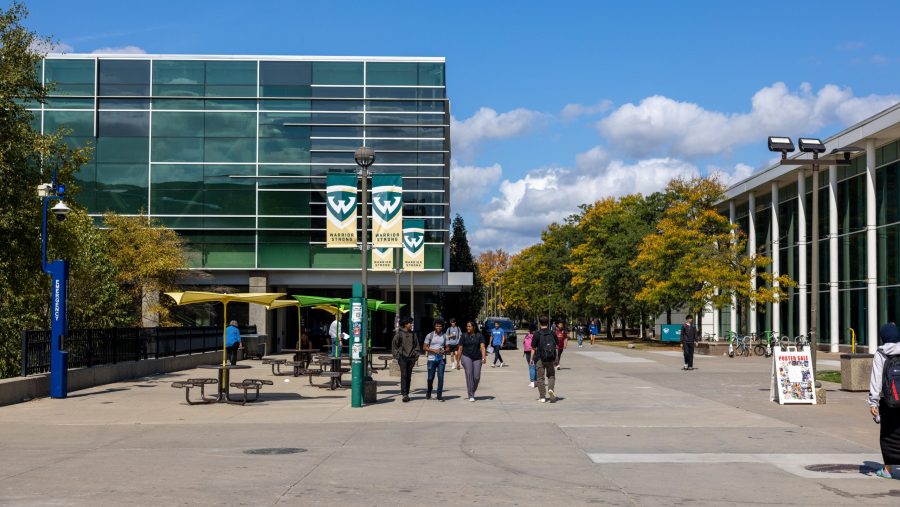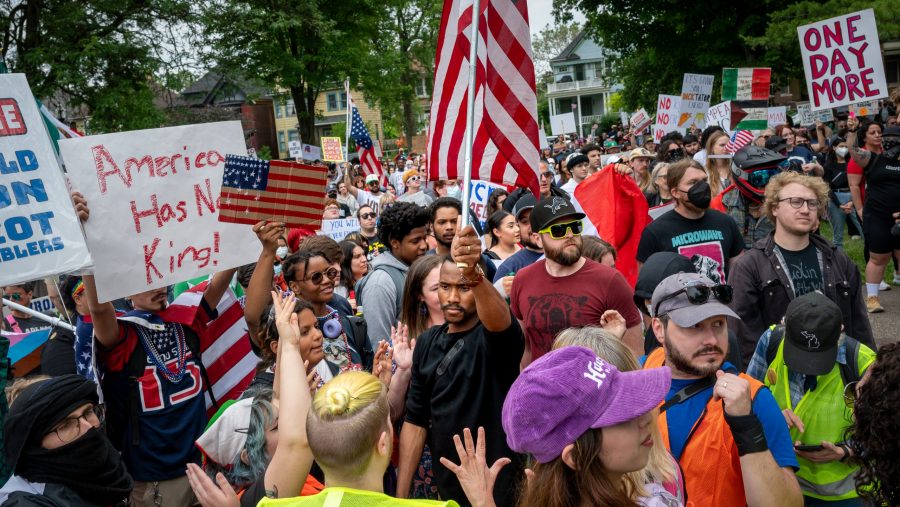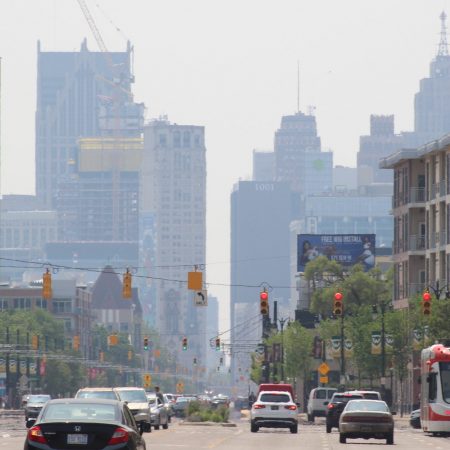The Metro: Mary Sheffield makes her case for Detroit mayor
Since entering the Detroit mayoral race in December, City Council President Mary Sheffield has become a frontrunner in the race.
According to recent polling, she’s leading the charge in front of Rev. Solomon Kinloch Jr. and former Detroit Police Chief James Craig.
As the daughter of Rev. Horace Sheffield III — the leader of the Detroit Association of Black Organizations — and the granddaughter of Detroit labor leader Horace Sheffield Jr., Sheffield has been steeped in politics and the Black church for her entire life. She was also the youngest person elected to Detroit City Council when she was just 26 years old.
Today, the millennial candidate is very social media savvy, often using TikTok and Instagram to connect with city residents. She’s also gained favor from many young people, including big-name Detroit rappers like Sada Baby and Skilla Baby — who both appeared at her annual “Occupy the Corner” events.
But behind Sheffield’s popularity, what does she stand for? She joined The Metro on Wednesday to talk more about the priorities of her campaign and what she’d bring to the table as Detroit’s next mayor.
Use the media player above to hear the full conversation.
Listen to The Metro weekdays from 10 a.m. to noon ET on 101.9 FM and streaming on-demand.
Trusted, accurate, up-to-date.
WDET strives to make our journalism accessible to everyone. As a public media institution, we maintain our journalistic integrity through independent support from readers like you. If you value WDET as your source of news, music and conversation, please make a gift today.Donate today »
More stories from The Metro
The post The Metro: Mary Sheffield makes her case for Detroit mayor appeared first on WDET 101.9 FM.
